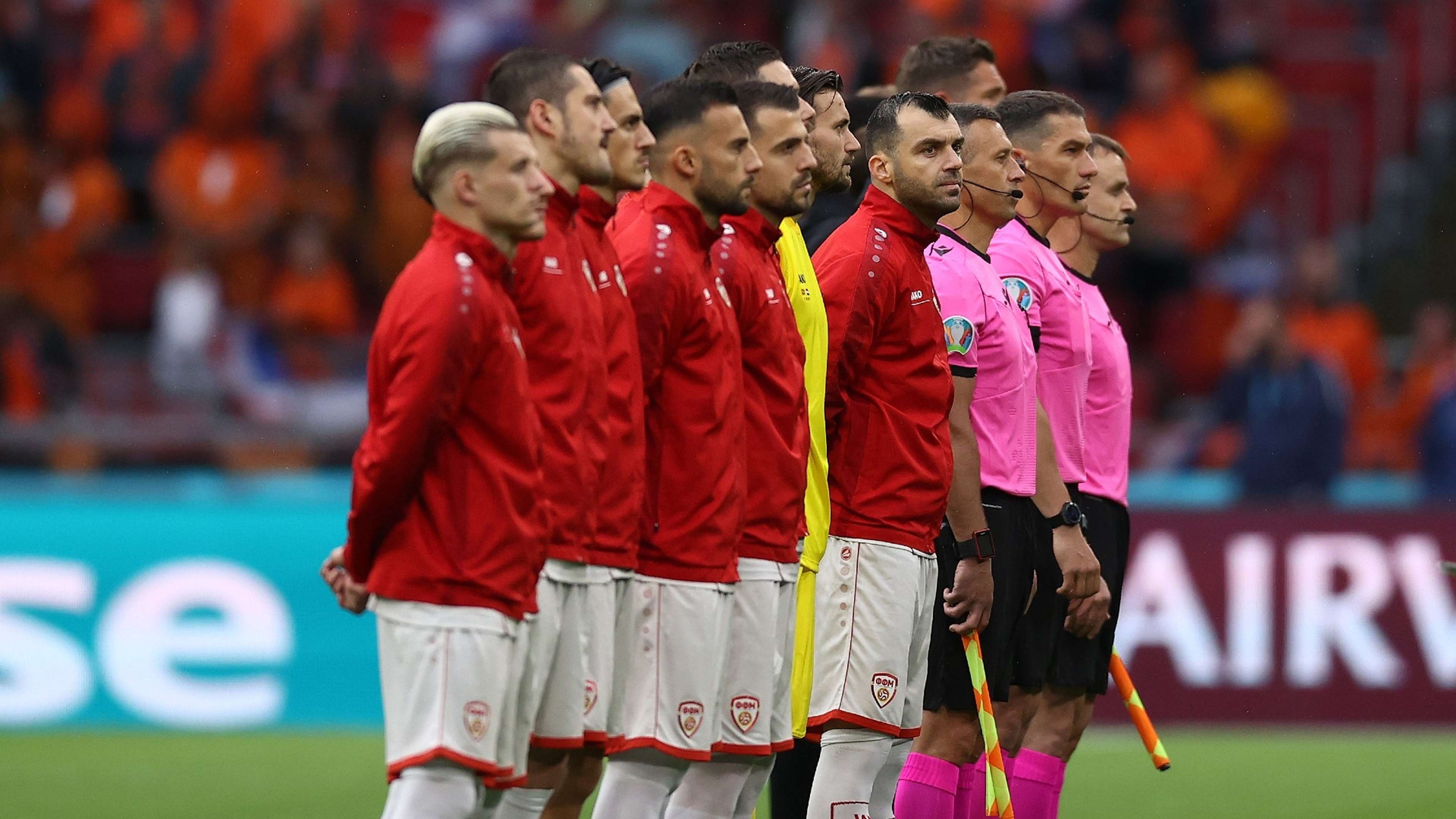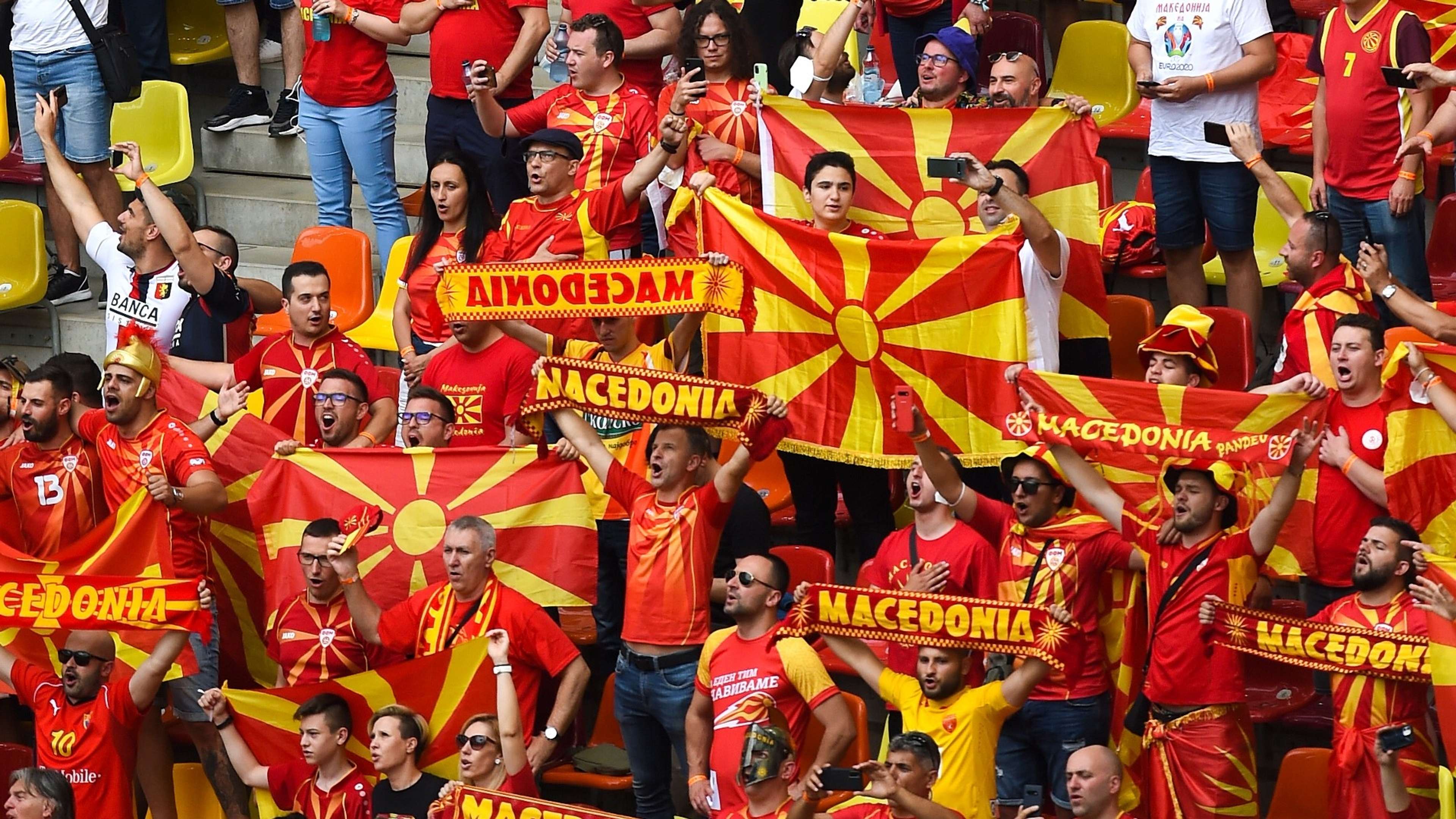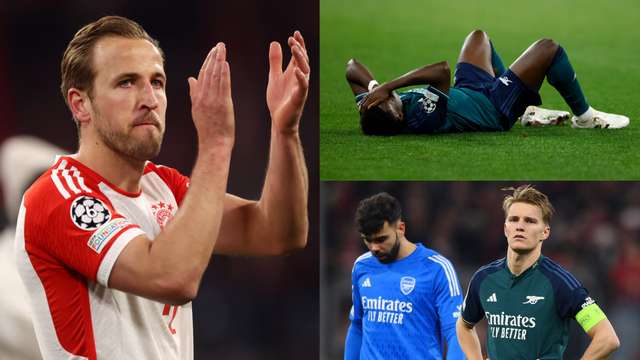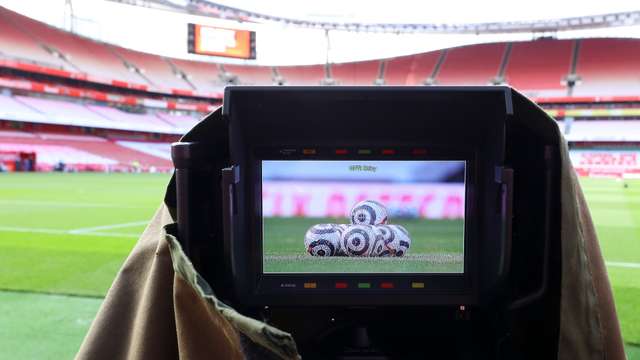A new name graced elite international football competition at Euro 2020, with North Macedonia securing qualification for their first major tournament.
With foundations on which to build future success in place, the nation has gone on to reach the UEFA section play-off finals for the 2022 World Cup – where they will face Cristiano Ronaldo and Portugal.
How did they get here and why is the country no longer known purely as ‘Macedonia’? GOAL takes a look...
Why are North Macedonia no longer ‘Macedonia’?
After declaring independence from Yugoslavia in 1991, the country opted to refer to itself as Macedonia.
That title was, however, to put a serious strain on relations with neighbouring Greece – which also has a region known as Macedonia.
That area within Greek borders lies in the northern, mountainous part of the country and includes its second-largest city, Thessaloniki, along with the UNESCO World Heritage Site of Philippi.
Amid mounting political unrest, Greece – as a member of both NATO and the European Union – sought to block North Macedonia’s membership of a military alliance and the beginning of accession talks with the EU until a naming dispute had been resolved.
In February 2019, the country formerly known as the Republic of Macedonia officially changed its name to the Republic of North Macedonia, bringing a decades-long dispute to a close.
Why are North Macedonia called ‘MKD’?
The acronym ‘MKD’ relates to the localised spelling of Makedonija.
A nation now known as North Macedonia have continued to use the ‘MKD’ abbreviation since becoming an independent state.
 Getty
GettyGreek ministers have, however, called for another term to be used in the wake of the Prespa Agreement which delivered a constitutional name change of the former Yugoslav republic.
Foreign minister Nikoas Dendias has suggested that ‘NM’ or ‘RNM’ should be used instead in order to distinguish the country from the Macedonia region of Greece, while also requesting that the name of the country’s football federation be tweaked.
North Macedonia’s foreign minister, Bujar Osmani, responded to those demands by saying: “The Football Federation of Macedonia is an independent and non-profit organisation that is registered in the central register as an association, and as such does not receive state money.
“The Prespa Agreement covers institutions that receive state money. And as long as FFM does not receive state money, it has no obligation to adjust under the Prespa Agreement.”
How long have North Macedonia been a member of FIFA & UEFA & what is their tournament record?
Macedonia became a single member of FIFA and UEFA in 1994 following the break up of the former Yugoslavia.
The country’s first outing after securing independence was a 4-1 friendly victory over Slovenia in October 1993, while the qualification campaign for Euro 96 saw them make their bow in tournament competition.
Their first official game came against then reigning European champions Denmark, with the contest finishing in a 1-1 draw.
Macedonia finished fourth in their group, with the same standing taken up when looking to compete for a place at the 1998 World Cup.
A familiar theme was extended when finishing fourth in further unsuccessful bids to reach Euro 2000 and the 2002 World Cup.
Positive progress was made from that point, with a maiden victory over a side ranked inside FIFA’s top 10 enjoyed in November 2007 when overcoming Croatia.
Steps in the wrong direction followed, as more major tournaments came and went without Macedonia getting anywhere close to qualifying.
They were eventually to get a shot at tickets to a prestigious party when finishing third in their group for Euro 2020, but booking a play-off spot due to topping their UEFA Nations League section.
Historic wins over Kosovo and Georgia saw North Macedonia book their place at the European Championship, where a squad that included the likes of Goran Pandev and Ezgjan Alioski suffered three successive defeats and bowed out without a point and just two goals to its name.
Those struggles were overcome when claiming a runners-up finish behind Germany in 2022 World Cup qualification - with a famous 2-1 win claimed in Duisburg at one stage - before Blagoja Milevski's side stunned European champions Italy with a stoppage-time goal in a play-off semi-final clash to set up a date with Ronaldo and Co.




-min.png?auto=webp&format=pjpg&width=640&quality=60)